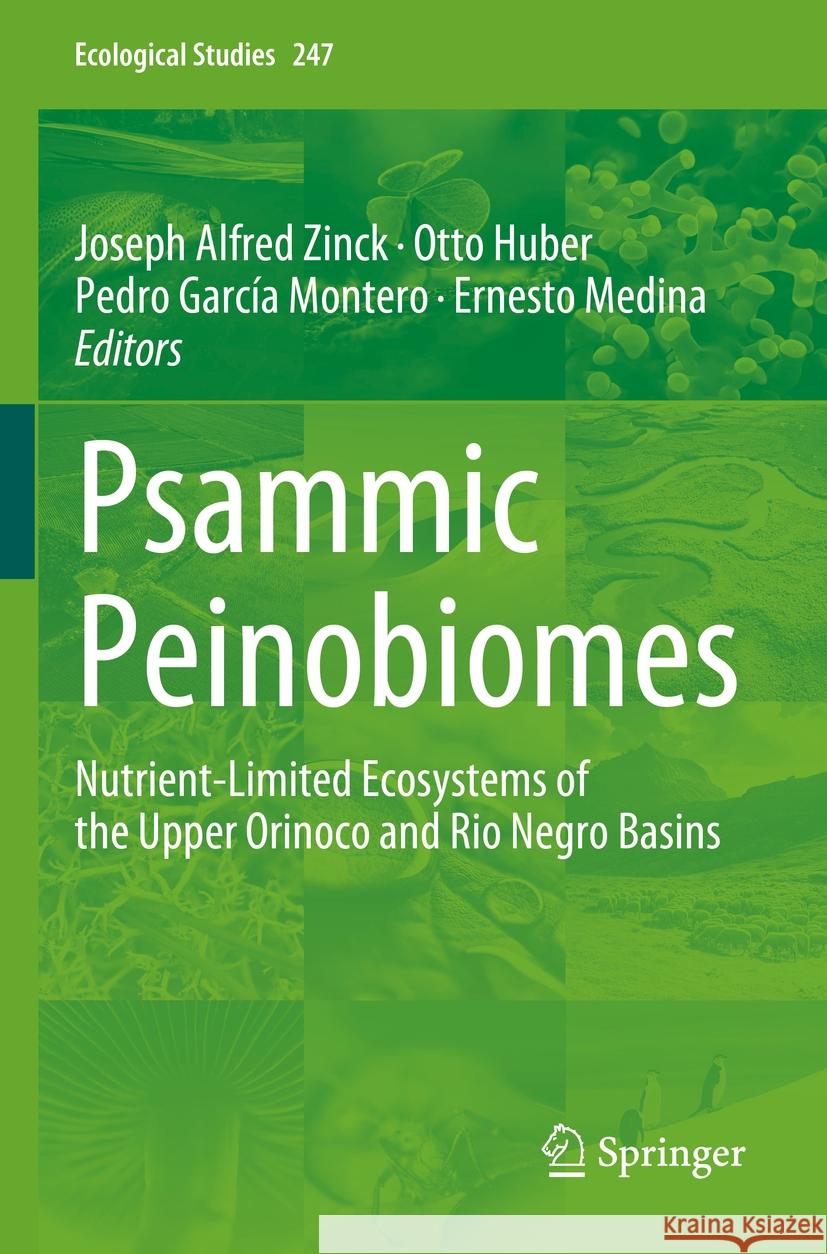Psammic Peinobiomes » książka
topmenu
Psammic Peinobiomes
ISBN-13: 9783031208010 / Angielski / Miękka / 2024
Psammic Peinobiomes
ISBN-13: 9783031208010 / Angielski / Miękka / 2024
cena 642,56
(netto: 611,96 VAT: 5%)
Najniższa cena z 30 dni: 616,85
(netto: 611,96 VAT: 5%)
Najniższa cena z 30 dni: 616,85
Termin realizacji zamówienia:
ok. 22 dni roboczych.
ok. 22 dni roboczych.
Darmowa dostawa!
The book represents a multidisciplinary approach to understanding soil–landscape–vegetation relationships and, specifically, the ecophysiology of plant communities developing on sandy soils of very low fertility that are subject to seasonal flooding. It provides an overview of the white sand ecosystems within the Amazon basin, and focuses on the forest and herbaceous (meadows) vegetation growing on the dystrophic sandy soils of the upper Negro and Orinoco river basins.
Several chapters describe physiographic aspects of the study area using integrated remote sensing and in situ sampling. By doing so they attain a comprehensive description of the origin and evolution of soils and landscapes, an advanced classification of soils, and a mapping of the geographic distribution of psammophilous vegetation.
This volume also provides a phytosociological classification of extensive forested areas, and a detailed description of the structure and diversity of little-known herbaceous formations.
It targets professionals in the fields of ecology, ecophysiology, geomorphology, soils, vegetation, and the environmental sciences. The information it offers may be of significant use to researchers, protected area planners, and environmental policy makers.











